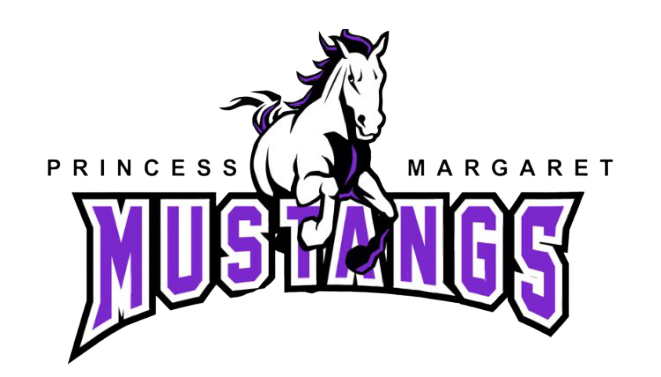October Wellness Works: Umbrella Project and growing!
Welcome back! We are happy to welcome all of our students, families, and caregivers back to the UGDSB. We are continuing to provide monthly wellness themes to our students and families to support mentally healthy and safe classrooms and environments. We know that students need to be seen and heard to be well and they need to be well to do well. Your child/ren will continue to explore important wellness skills every month. As a parent/guardian/caregiver you are an important player in your child/youth’s mental health and wellbeing and we will continue to provide monthly newsletters to share each month’s themes with you! This month we are exploring cognitive flexibility.
Cognitive flexibility can be defined as:
● Being open minded to new experiences
● Switching easily from one thing to the next
● Not getting stuck on one idea
● Thinking of new ways to solve problems
● Being creative
Cognitive flexibility is important for innovating, coming up with new ideas and solving problems, and is essential to creativity. It will also help them understand people and situations that are different from theirs and improve their relationships.
However you choose to bring this skill building and exploration into your home, make sure you do so with empathy and compassion for yourself and your child/ren and/or youth. So what can you do?
➔ Practice modelling flexible thinking yourself when interacting with your child/ren. Invite your child/ren into your thinking processes by ‘thinking out loud’.
➔ Talk about scenarios that have multiple ways to solve a problem. For example, perhaps your child is struggling with a situation and you can talk about the many different ways that this could be approached and/or solved. The process of looking at many different options is “flexing” this skill in a great way! Try a template like this one to explore decision making.
➔ Chat with your child/ren about the things they like done a ‘certain way’ and invite them to consider how those patterns can be helpful for them and when they might be harmful or limiting. Check out the online article, “What is Cognitive Flexibility and How do I Help My Child With It?”) by Foothills Academy to learn more.
➔ For younger children, try to make a new rule for a favourite board game. This can be difficult for adults and children alike! By working together to come up with a small change you are teaching your child/ren to bend a bit. You are flexing the cognitive flexibility part of their brain!
➔ Make this work into a fun game by taking household items and coming up with interesting and new uses. This is a great way to practice creative problem solving.
➔ Support your child/ren with developing reflection skills and strategies by prompting them to extend their thinking about things. For example, when you ask your child/ren how school was, prompt them to extend their answer by asking them to consider 1-2 things that made them suggest it was a certain way. Try prompts like “tell me more…”, “what makes you feel that way”, and/or “how is this like/unlike other things you’ve experienced?”. If helpful, try Reflection Stems to support them in communicating their thoughts.
UGDSB thanks EDGE MUTUAL for their donation in support of this important work.
Categories: News


